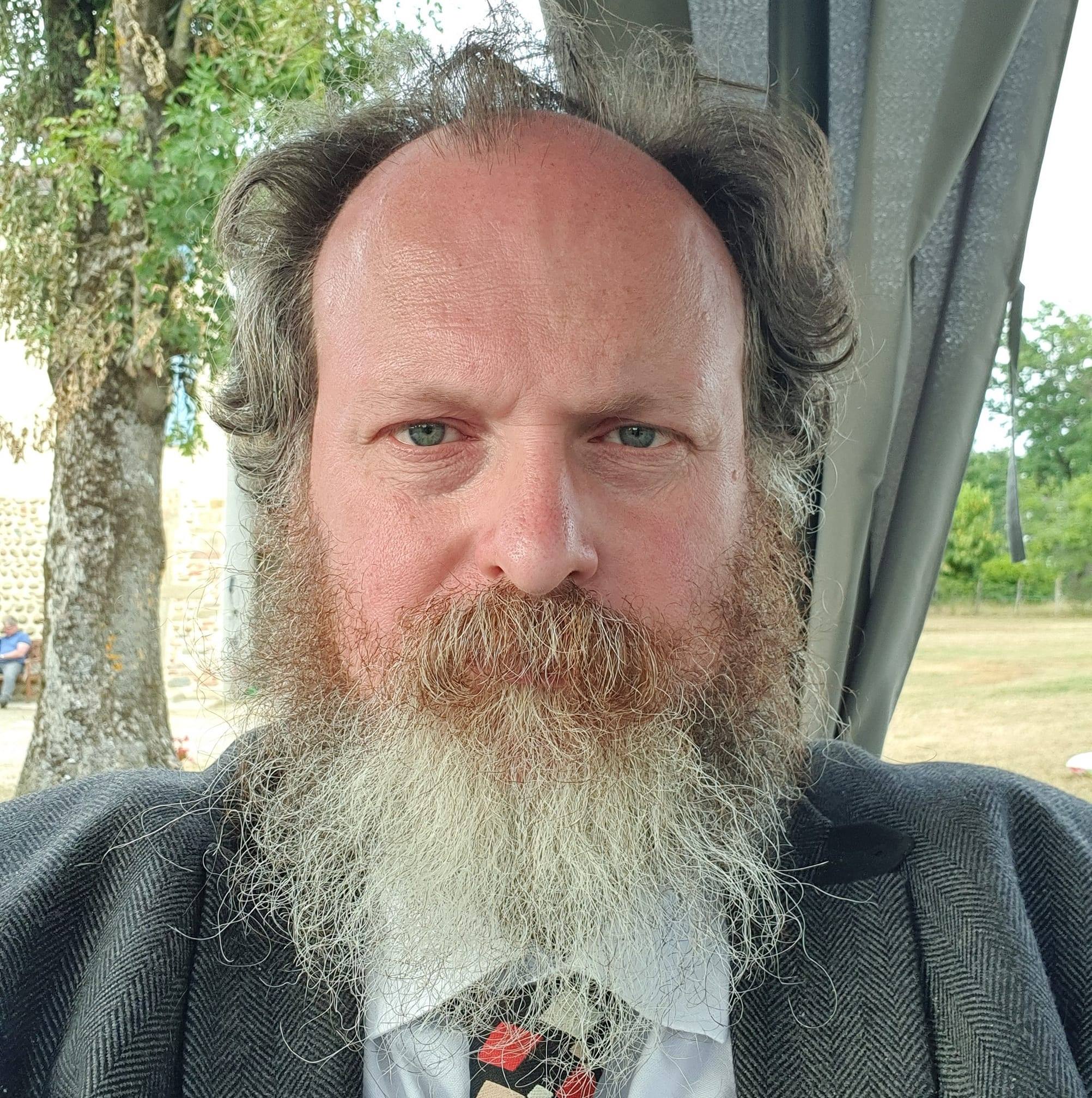Schoolbooks are flubbing facts. Texts filled with errors and political correctness. Politiek correct zijn, allemaal goed en wel, maar de mensen kunnen overdrijven:
Stripped of relevant passages to avoid giving the slightest offense to anyone. Gail Stein, a French teacher at Long Island City High School in Queens, is the author of several popular French textbooks that deal with Gallic staples ? perfume, Champagne, chocolate mousse.
Then her publisher started getting complaints: Perfume was deemed sexist; not all women use it. A line about “bubbles in a glass of Champagne” might foster underage drinking. So out went the bubbly and all other offending references.
When “French is Fun” was released, one woman complained that using cognac in mousse would encourage drunkenness. So Stein’s editors at Amsco School Publications asked her to change the next edition.
Aan de andere kant, ze kunnen ook overdrijven in de andere richting:
Watered-down definitions of jihad
The word means “holy war.” It refers to armed warfare against infidels to extend Islam’s realm, and most Americans know it as what Osama Bin Laden declared on the U.S. before killing its citizens en masse.
Houghton Mifflin’s “Across the Centuries,” a 2003 social studies textbook used in Queens and Staten Island, sees it differently.
“An Islamic term that is often misunderstood is jihad,” it says on page 64. “The term means ’to struggle,’ to do one’s best to resist temptation and overcome evil.” The struggle “may require action,” and the Koran allows “self-defense and participation in military conflict, but restricts it to the right to defend against aggression and persecution.”
Said Bennetta, “They make jihadists sound like innocents doing their best to resist a second serving of ice cream.”
Uiteraard heeft Houghton Mifflin gelijk:
The word Jihad means striving. In its primary sense it is an inner thing, within self, to rid it from debased actions or inclinations, and exercise constancy and perseverance in achieving a higher moral standard. Since Islam is not confined to the boundaries of the individual but extends to the welfare of society and humanity in general, an individual cannot keep improving himself/herself in isolation from what happens in their community or in the world at large, hence the Quranic injunction to the Islamic nation to take as a duty “to enjoin good and forbid evil.” (3:104) It is a duty which is not exclusive to Muslims but applies to the human race who are, according to the Quran, God’s vicegerent on earth. Muslims, however, cannot shirk it even if others do. The means to fulfil it are varied, and in our modern world encompass all legal, diplomatic, arbitrative, economic, and political instruments. But Islam does not exclude the use of force to curb evil, if there is no other workable alternative. A forerunner of the collective security principle and collective intervention to stop aggression, at least in theory, as manifested in the United Nations Charter, is the Quranic reference “..make peace between them (the two fighting groups), but if one of the two persists in aggression against the other, fight the aggressors until they revert to God’s commandment.” (49:9) [Bron]
